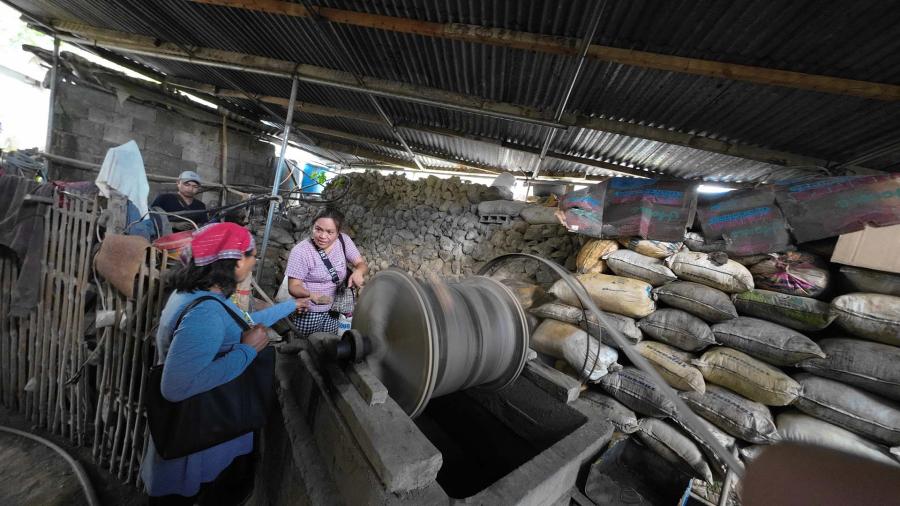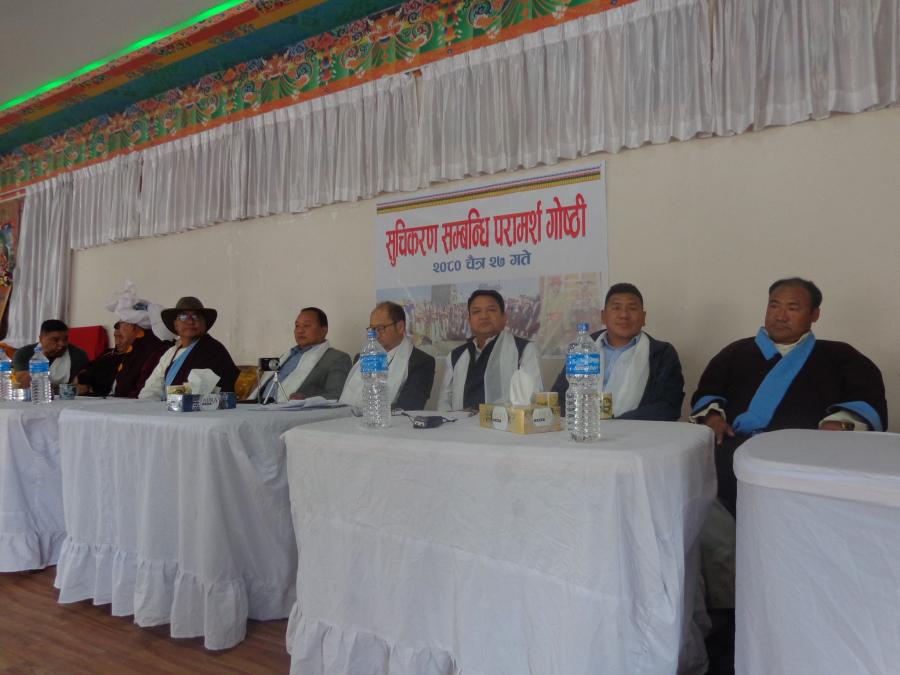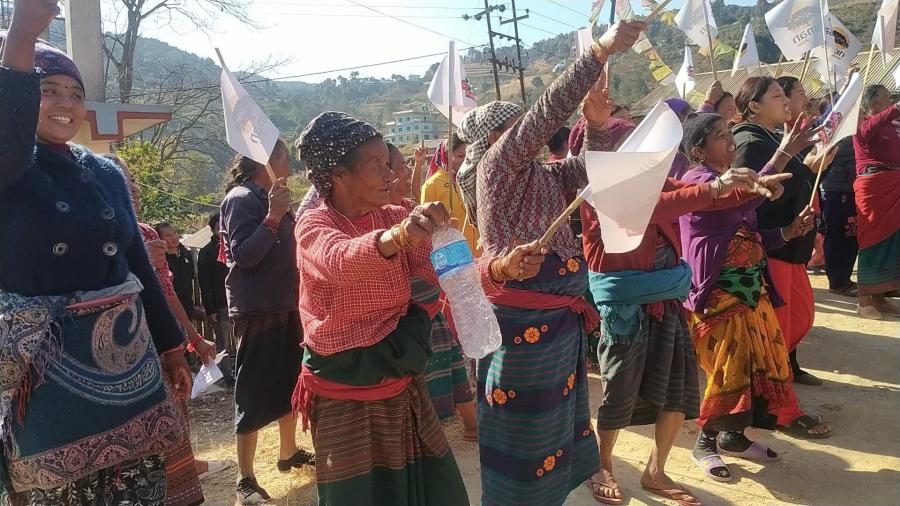
On June 3-5, 2019, in Kathmandu, Nepal, in order to help Indigenous community radio stationed working at the grassroots level to sort out technical problems occurring in radio systems, the Indigenous Community Radio Network (ICRN) a partner organization of Cultural Survival conducted a three-day workshop on basic skills on maintenance and repairing radio equipment for technicians. The training was organized with financial support from Cultural Survival and WACC, as a multi-Indigenous community radio project. Twenty-four technicians from 20 Indigenous community radio stations participated.

“The technical skills training for radio technicians was the first of its kind aimed at building capacity of radio technicians to fix technical problems,” said Jagat Dong, chairperson of the Indigenous Community Radio Network. “Often grassroots radios had to shut-down radio for many days and bring equipment to Kathmandu for repairing, having no knowledge of fixing even small problems. Thus, the training has been beneficial for the smooth operation of the stations.”

The training course covered information about grounding systems, building connecting wires, studio wiring, wire-soldering, preparing studio cables, connecting wires with transmitters and computers, as well as fixing problems in transmitters, cables, antennas, telephone hybrids, mixing boards, and computers.

The Indigenous Community Radio Network also provided repair toolboxes which included an adjustable wrench, handsaw, handrails, screwdriver, soldering, soldering iron and rod connectors, all tools technicians learned about during the workshop. The training was conducted by Engineer Balendra Thakuri and his team who have been involved in setting up and repairing more than 400 radio stations.

“When storm season comes, the lightening hits a majority of radio stations in Nepal,” said Engineer Balendra Thakuri, “the radios, including many technicians who have participated here, had to work hard to get the stations back in operation. This training was important for taking precaution of such natural disasters as well as to ensure smooth operations of the stations.”



